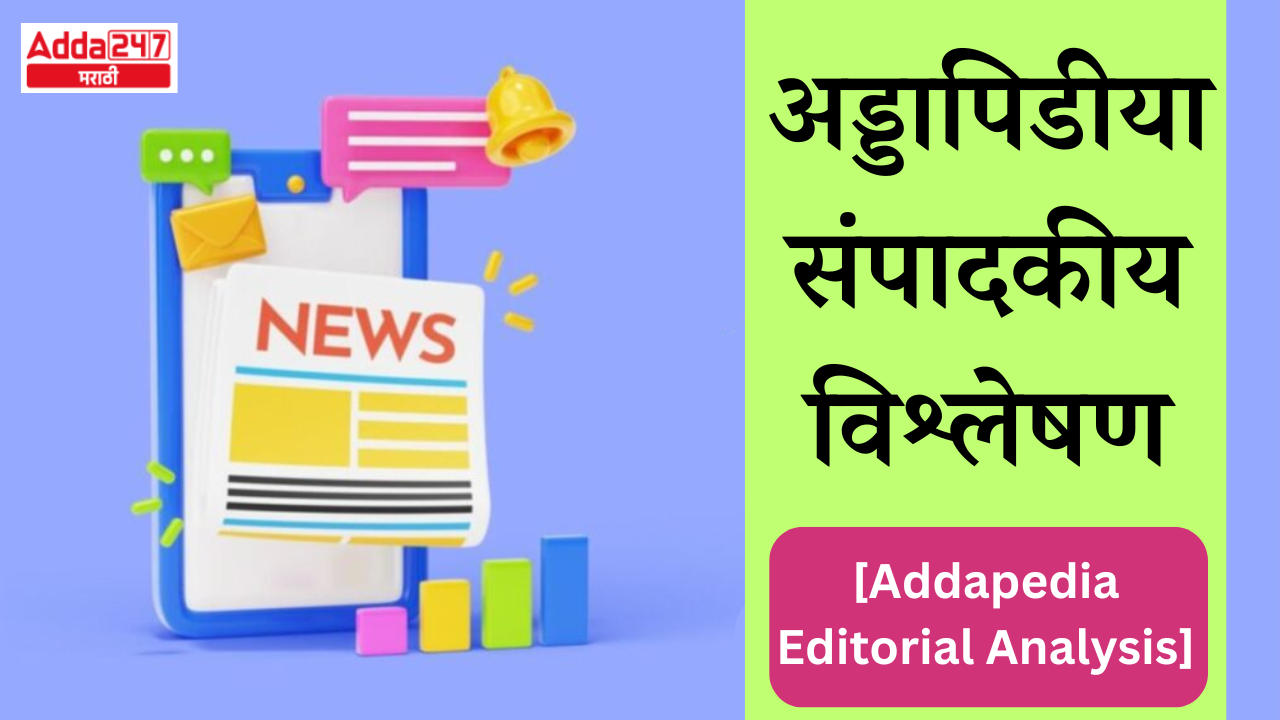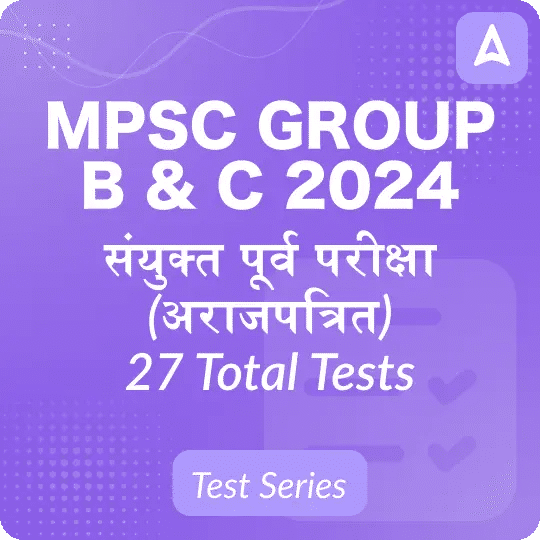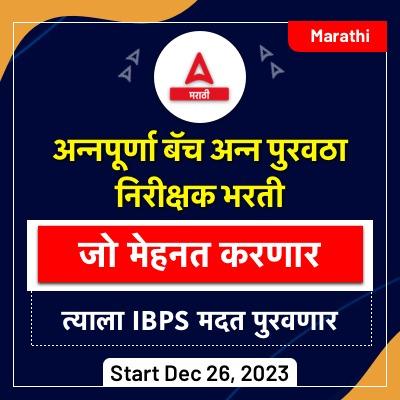Table of Contents
A discourse on AI governance that India must shape
(The Hindu, 04-09-24)
The Summit of the Future (September 22-23 2024) will be a decisive moment for global diplomacy and the international norm-building process in the sphere of Artificial Intelligence (AI).
- At the summit, world leaders and stakeholders are to come together under the aegis of the United Nations to advance the Global Digital Compact (GDC).
What is Global Digital Compact (GDC)?
- The Global Digital Compact (GDC) is a proposed United Nations initiative aimed at establishing a shared vision and framework for an open, free, secure, and human-centered digital future for all.
- Key aspects of the GDC include:
- Connectivity: Ensuring universal and affordable access to the internet and digital tools.
- Avoiding Internet Fragmentation: Preventing the division of the internet into separate, incompatible networks.
- Data Agency: Giving individuals control over how their data is used and collected.
- Human Rights Online: Upholding and protecting human rights in the digital space.
- Trustworthy Internet: Promoting accountability and combating misinformation and discrimination online.
- The GDC is intended to be a multi-stakeholder effort, involving governments, private companies, civil society organizations, and individuals.
- It is expected to be finalized and adopted at the UN Summit of the Future in September 2024.
How are geopolitical interests shaping AI governance at the UN?
- Parallel to the GDC, the UN General Assembly recently adopted two key resolutions on AI
- U.S.-led resolution: Advocates harmonised approach to AI governance so that US can assert its dominance in AI technology and dictate the terms of its development worldwide
- China-led resolution: Focuses on equitable benefits and bridging the digital divide and promoting an open and non-discriminatory business environment. This strategically positions China as an important player in global trade and technology standards
- These resolutions reflect growing geopolitical contestation in digital governance
- Also, UN is emerging as the apex forum for shaping global standards on AI
How can India shape the international discourse on AI governance?
- Leverage its diplomatic weight and experience in leading Global South negotiations
- Push for equitable access to AI technology and capacity building
- Advocate for a more inclusive multi-stakeholder model
- Promote a comprehensive approach to AI governance that respects human rights
- Address the unique challenges faced by developing countries in AI advancement
- Balance the bipolar dynamics between the U.S. and China in AI governance discourse
What are the challenges India might face while playing such a role?
- India’s limited AI research output compared to global leaders may weaken its authority in technical discussions on AI governance.
- The shortage of homegrown AI unicorns could undermine India’s credibility when advocating for startup-friendly global AI policies.
- India’s ongoing struggle with data privacy legislation might hinder its ability to lead conversations on global AI data protection standards.
- The digital divide within India could challenge its advocacy for equitable AI access in international forums.
- India’s dependence on foreign AI technologies may complicate its push for technological sovereignty in global AI governance.
- The brain drain of AI talent to developed countries could limit India’s capacity to field top experts in international AI policy negotiations.
- The lack of a comprehensive national AI strategy could weaken India’s position when proposing global AI governance models.
Can you answer the following questions?
In light of India’s historical role in championing the interests of the Global South, critically examine how India can leverage its diplomatic experience to shape the international governance of Artificial Intelligence. Discuss the challenges and opportunities this presents for India’s global leadership aspirations.
Take on the challenge of rising income inequality
(The Hindu, 04-09-24)
What is the current state of income inequality in India?
- Share of top 1% in national income is among the highest in the world
- India is more unequal today than under British rule
- Millions have been lifted out of poverty, but more needs to be done
What are the traditional strategies to address income inequality?
- Progressive taxation to redistribute wealth from the affluent to the marginalised. It is about using tax money to improve health, education, skill development, the environment, and facilitate job creation.
- Education and skill development so as to enhance employability and increase earning.
- Fair labour laws enforcing lminimum wages, safety, security, and collective bargaining are essential to ensure that all workers benefit from economic growth.
- Investment in infrastructure will reduce regional disparities, assure inclusion and sustainability.
- Contributions from the super-rich (e.g., ‘Giving Pledge’)
What new economic approach does the article suggest?
- Gandhian model that focus on decentralisation, local needs, local talent, local resources, local production
- Moving from “economies of scope and scale” to “economy of purpose”
- “small is beautiful”approach where there is investment in small and medium-sized enterprises (SMEs) in order to ensure local employment and prosperity.
- Creation of 800 production centers across India’s districts
- Need to focus on basic service jobs as future jobs even in the AI-dominated world will come from food, education, health services, tourism and manufacturing.
- Change in lifestyle that values happiness from “sharing and caring” as opposed to a “vulgarity of conspicuous consumption”.
Can you answer the following question?
Discuss how the Gandhian model of development can be adapted to create a more equitable and sustainable economic framework in the age of globalization.
महाराष्ट्रातील सर्व स्पर्धा परीक्षांसाठी ऑनलाईन क्लास, व्हिडिओ कोर्स, टेस्ट सिरीज, पुस्तके आणि इतर अभ्यास साहित्य खाली दिलेल्या लिंक वर क्लिक करून मिळावा.
अड्डा 247 मराठीचे युट्युब चॅनल
अड्डा 247 मराठी टेलिग्राम ग्रुप
महाराष्ट्र महापॅक












